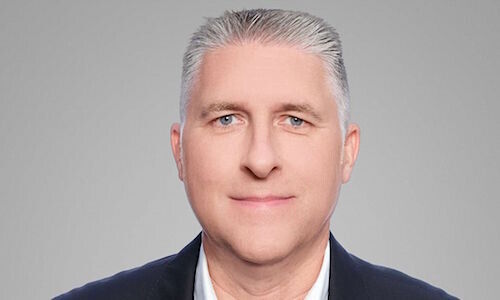Ex-HSBC Veteran Joins Great Eastern as CEO
Singapore-based insurer Great Eastern has hired a former HSBC executive as its new chief executive officer.
Great Eastern has appointed Greg Hingston as CEO, according to a statement, effective November 1. He will succeed Khor Hock Seng who is retiring on October 31.
Hingston has worked in Asia for over 20 years, including the last 18 years at HSBC. During his time with the British lender, he held various senior executive management roles across retail banking, wealth management and life insurance, including head of wealth and personal banking for Asia Pacific. Most recently, he was CEO of HSBC Global Insurance and Partnerships.
Recruitment Process
The firm’s nominating committee reviewed internal candidates for the job and also commissioned an executive search firm to find candidates within and outside Singapore. Hingston was finally selected as the most suitable candidate due to Great Eastern’s «strategy to grow and expand beyond its core markets of Singapore and Malaysia».
«We wish to extend a warm welcome to Greg,» said Great Eastern chairman Soon Tit Koon. «His global market expertise, proven ability to lead a large multi-geography team and track record of successfully growing an insurance business through close collaboration with a banking group will be put to good use as we embark on our renewed growth strategy.»
OCBC Takeover
In May, OCBC announced a full takeover of Great Eastern by issuing an offer to buy the remaining 11.56 percent stake it doesn’t already own for S$1.4 billion ($1.1 billion). if successful, the bank will obtain full ownership of the insurer, leading to a delisting.
Not all have been convinced that the takeover is a favorable decision for OCBC. A group of minority shareholders have resisted the buyout and gone public with concerns about the insurer’s depressed share price and continued valuation decline.
The deal also faces other obstacles. Following a required review by an independent financial advisor, the offer was deemed «not fair but reasonable» by EY. Long-term Great Eastern shareholders have also said that they will not accept the offer due to the belief that the insurer has been trading below its true value.





















